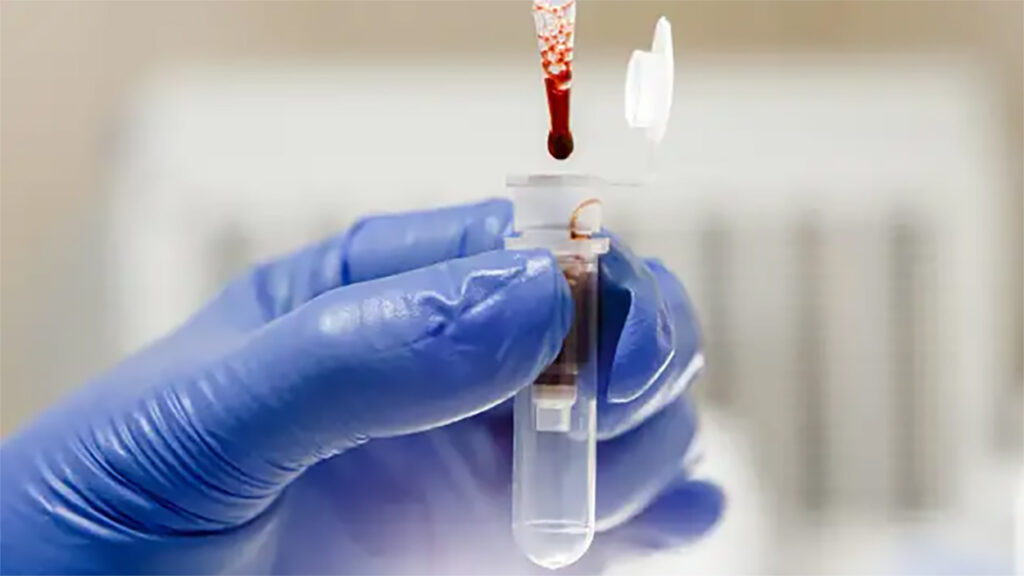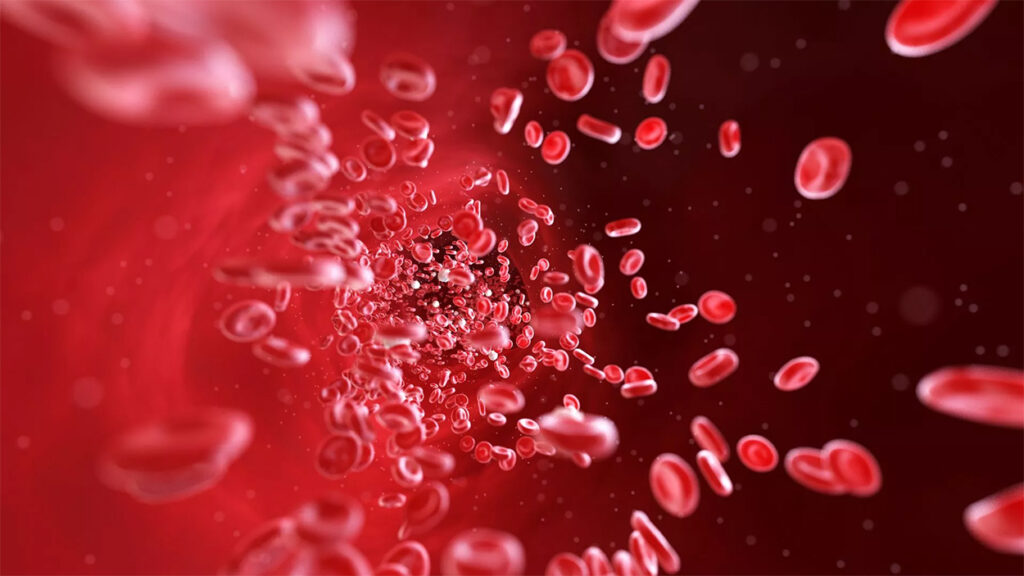Unprecedented Two Human Patients Receive Lab-Grown Blood Cell Transfusion
Addenbrooke’s Hospital in Cambridge, a research center and internally known teaching hospital in the UK, made medical history recently by giving lab-grown blood cell transfusions to two patients. The unprecedented clinical trial, once successful, will benefit people with rare blood types and those with blood disorders such as sickle cell anemia.
The researchers say they will test the viability of conducting transfusions using lab-gown blood cells during the clinical trial.
First recipients
Two people in the UK are the first ever to receive transfusions of lab-grown red blood cells. They are volunteers in the RESTORE (Recovery and survival of stem cell originated red cell) trial. Ultimately, the clinical trial will involve ten participants. Each volunteer will receive a small transfusion of lab-grown red blood cells equivalent to one to two teaspoons.
The trial’s objective is to compare how well the lab-grown red blood cells will survive in the body compared to a donor’s normal red blood cells. During the trial, each participant will receive two mini-transfusions. Individually, they will each have one transfusion using lab-grown cells and one with normal cells. The transfusions, which will be randomized, will be four months apart.
Scientists’ expectations
Based on a press release, the scientists expect the lab-grown cells to last longer than normal cells. In addition, according to them, lab-grown cells can be made fresh, whereas standard blood transfusion has cells of varying ages.
Chief investigator of the clinical trial, Dr. Cédric Ghevaert, says that if their unprecedented trial is successful, patients that used to require long-term blood transfusions regularly will have fewer transfusions. Further, with fewer transfusions, the healthcare providers can focus more on their welfare, which will positively affect their care.
One of the medical conditions where a patient needs a regular blood transfusion is sickle cell anemia, the most severe case of this disease. People with this disease are at risk of iron overload, an accumulation of excess iron in the body, which can damage various internal organs. Moreover, frequent transfusions can cause the development of antibodies that target specific antigens or proteins on the red blood cells’ surface.
These antigens recognize the different blood groups (A, B, O, and AB) and the other groups not commonly known that are difficult to match. Because frequent transfusions cause antibodies against specific blood groups to develop, the patients face the risk of life-threatening immune reactions. Likewise, the situation limits the blood types the patient can receive later.
A breakthrough
Dr. Farrukh Shah, NHSBT medical director of transfusion, said this world’s first research work forms the foundation for manufacturing red blood cells in the laboratory that healthcare workers can safely use to transfuse blood for people with blood conditions. Simultaneously, the clinical trials will let medical researchers grow rare blood cells.
This research does not discount the need for regular blood donations, which provide most blood transfusions. Still, the benefit of this research is quite significant to the medical community.
For the trial, they extracted stem cells from the donated blood coming from adult volunteers. Then, they allow the cells to mature in the lab for 18 to 21 days in a nutrient solution, leaving the cells to multiply and mature. Stems cells can only develop into platelets, white blood cells, and red blood cells.
After maturity, they ran the cells through a filter to remove white blood cells. Later, they add a radioactive marker to the purified blood cells to make it easier to track the cells in a patient’s body after transfusion. One of the research objectives is to produce new red blood cells.
Results
According to the hospital’s released statement, the two initial participants in the clinical trial did not have any adverse side effects. But they said that even after they conclude the trial, they will still conduct further research before authorities allow the wider use of lab-grown blood cells.
But the scientists are very optimistic about their research. It marks a vital step in using red blood cells from a lab to improve treatments for people with complex needs for blood transfusions and have a supply of rare blood types that are difficult to find. Eventually, it will alleviate the shortage of blood available for transfusions.

